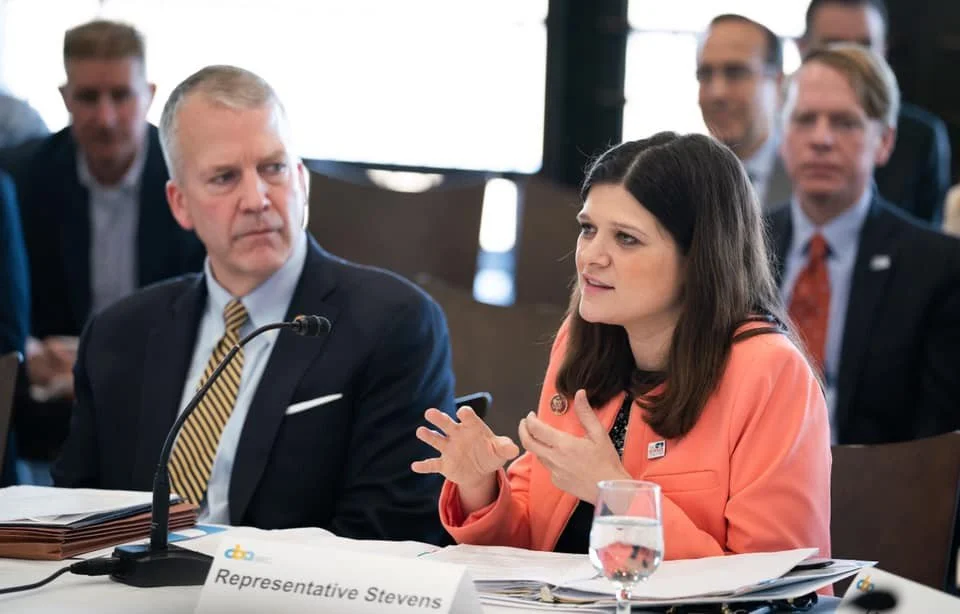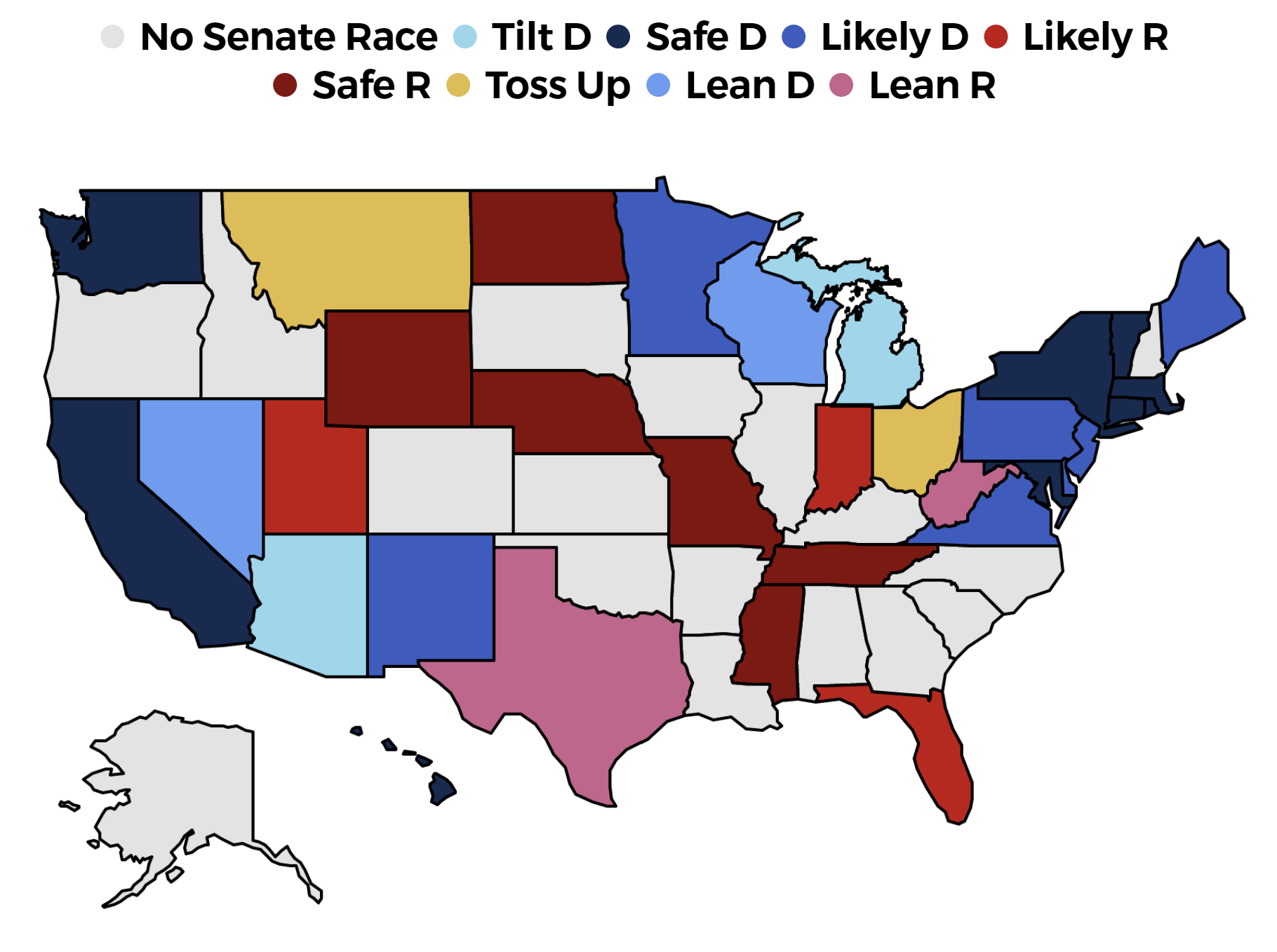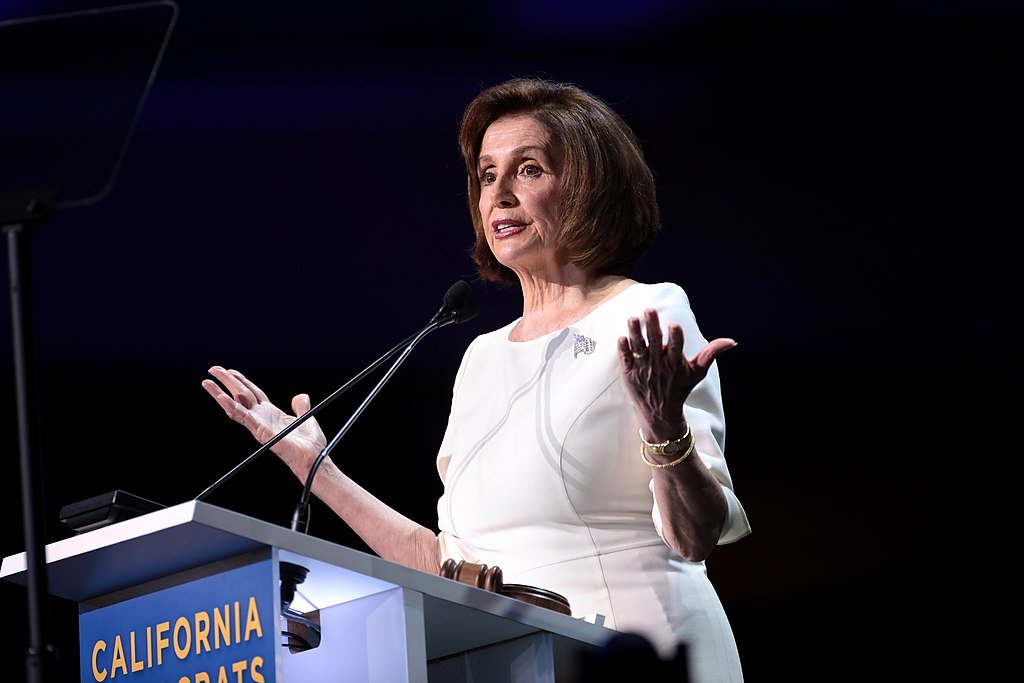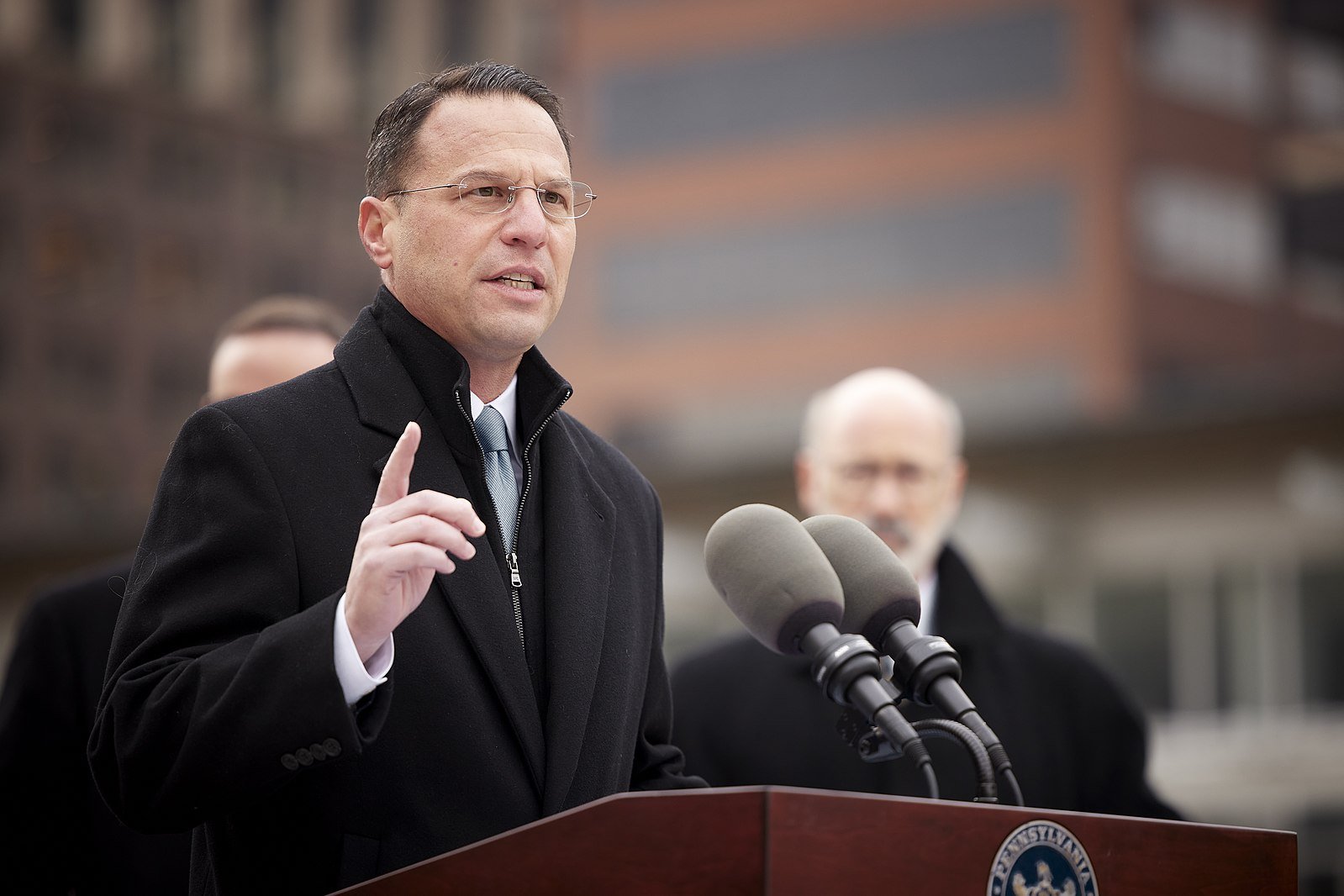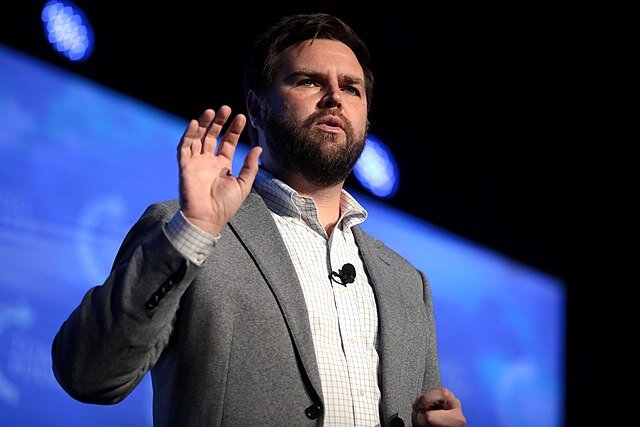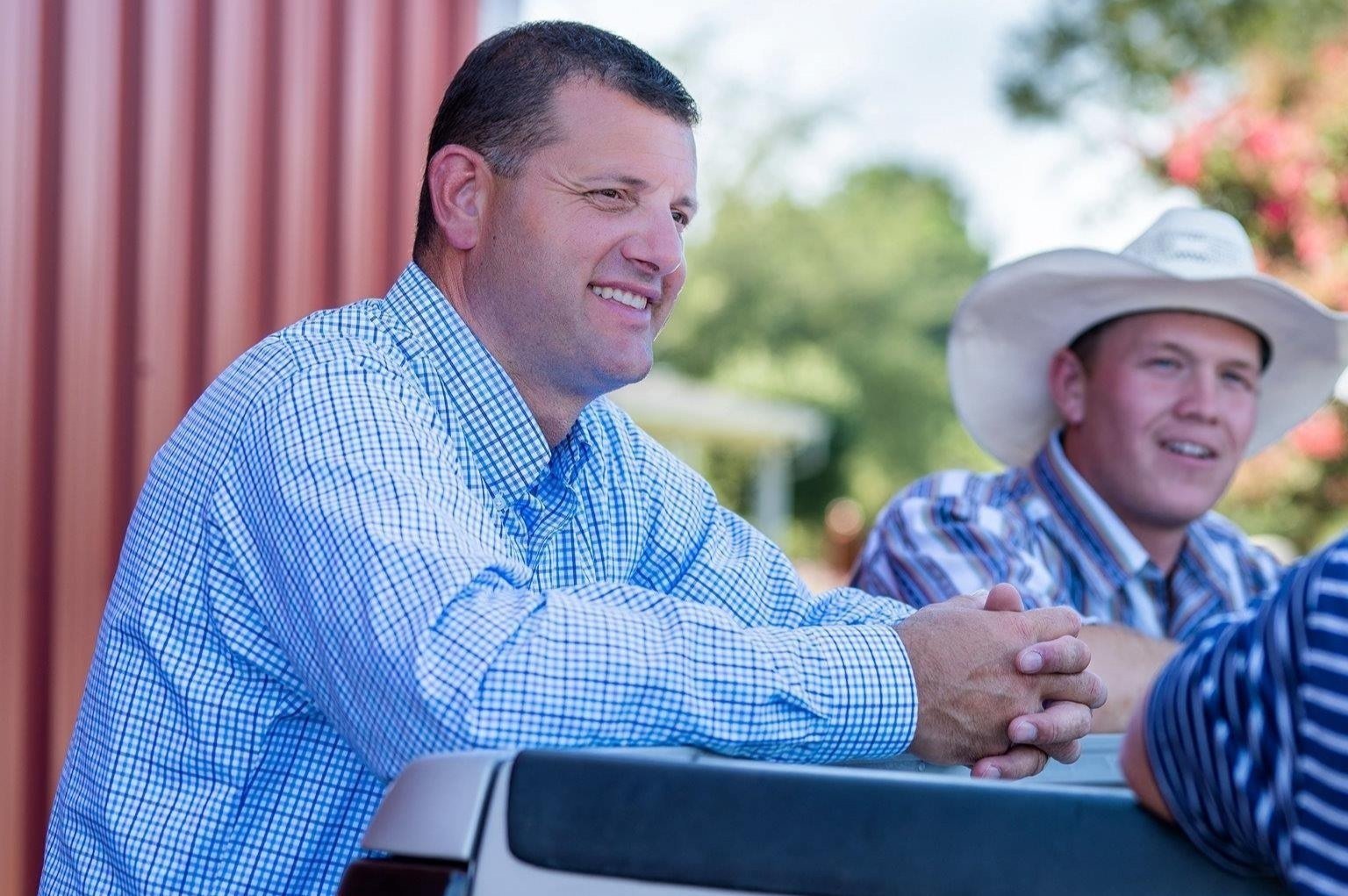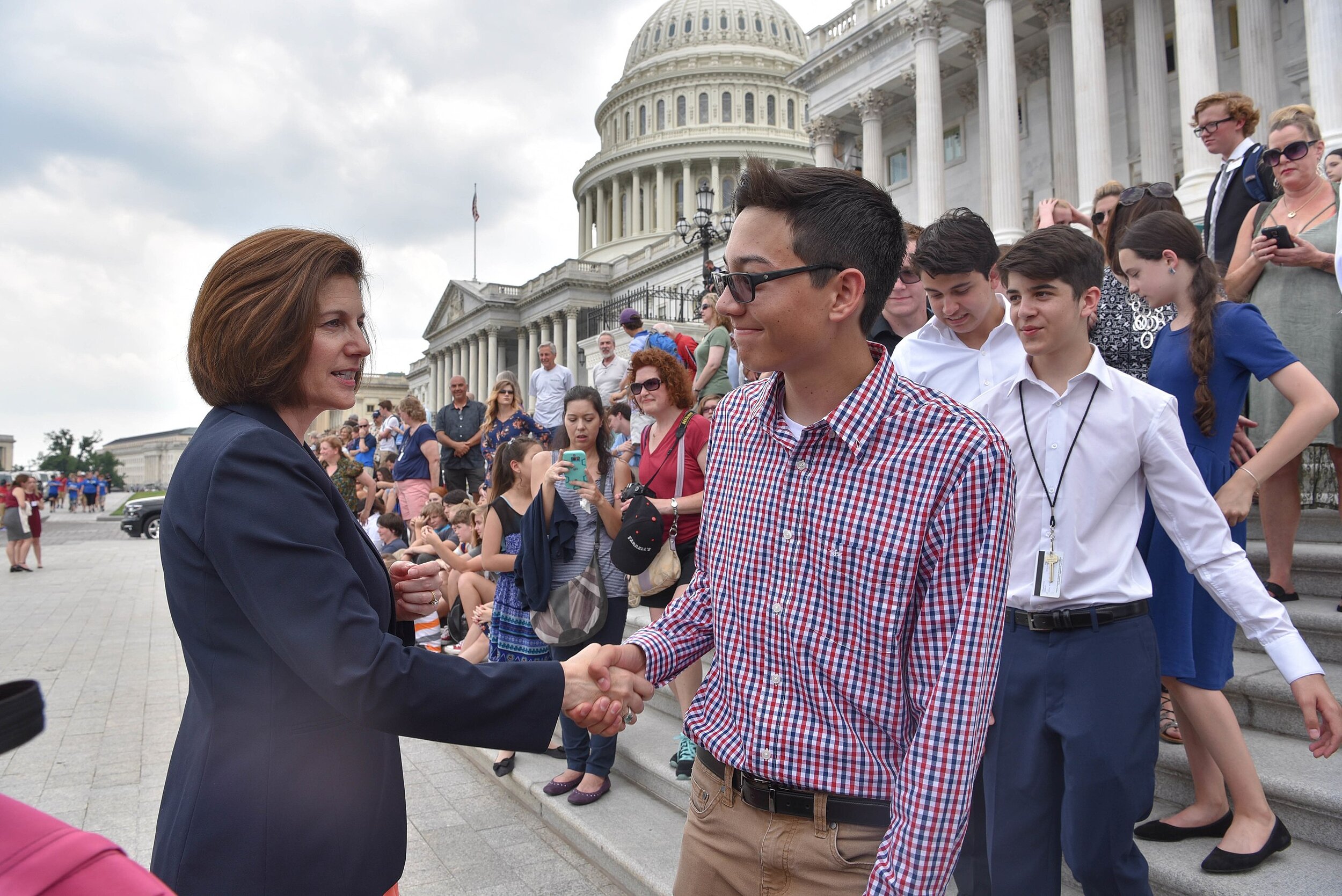Four Primary Races in the House with National Implications
Haley Stevens - Photo Credit: Congress
By: Joseph Brusgard
Date: May 9th
At long last, it’s finally primary season. Here are four House race primaries that will tell us more about the national environment.
#1 Michigan’s 11th Congressional District
Every decade, after the Congressional lines are redrawn, members are forced to play a giant game of musical chairs, moving from one district to the next to find a seat to run in. That’s doubly true in states that lost a representative because of the new census. In 2022, some Democrats will crave the security of an easier district and have made the strategic choice to run against another member in a contentious primary rather than compete in a long-shot general election.
Congressman Andy Levin - COngtre
Michigan had an independent redistricting commission, and the maps have been praised as fair and representative considering how close the state is. However, after Michigan lost a seat, the new districts forced Members of Congress into new territory. In Michigan’s new 11th District, Democratic Representatives Haley Stevens and Andy Levin are running against each other.
Levin, first elected in 2018 is the scion of a dynasty that some have referred to as “the Jewish Kennedys”. Levin’s father Sander held his seat before him, and his uncle, the late Carl Levin, was Michigan’s senator for six terms.
Andy Levin used to represent the 9th district, but most of the territory in it was moved to the 10th district, which is significantly more competitive. He decided to run in the 11th district, where his hometown of Bloomfield is located. Politically, Levin is a bold progressive, being a co-sponsor of the Green New Deal and having the support of many key progressive leaders in congress.
Congresswoman Haley Stevens was also first elected in 2018 and used to work in the Obama administration. She successfully flipped a Republican-leaning district and has the backing of moderate representatives too numerous to count among her endorsers.
RacetotheWH 2022 House Election Predictions
Explore the latest predictions from our interactive House Forecast, updated daily.
This race is going to go down to the wire, and neither side has a clear advantage. Stevens has more of her old district than Levin does but Stevens only moved to a town in the new district very recently. Levin, while having more local ties, has infuriated many in the Democratic Party with his decision to run here instead of the 10th district, underscoring how members would rather face a divisive primary than run in a Trump leaning district this cycle.
Finally, polling has been a dead heat, with two out of three polls resulting in ties, and only one poll from January having a decent Stevens lead. Stevens leads in fundraising with $2 million, but Levin is not far behind either, per the FEC.
#2 West Virginia’s 2nd Congressional District
Once every six years, West Virginia finds itself back in the spotlight when Joe Manchin runs for re-election. The rest of the time, it tends to get overlooked, because Republicans have such an overwhelming advantage in the state.
Alex Mooney with Joe Manchin, Ricky Perry and Shelly-Moore Capito. Photo Credit: U.S. Department of Energy from United States
However, in this election cycle, it features one of the most high profile member vs. member primaries in the nation. Congressmen Alex Mooney and David McKinley are running in the 2nd district, after Mooney’s 3rd district got axed in reapportionment. This race is looking to become a proxy battle between Donald Trump and Joe Manchin.
David McKinley, the Joe Manchin endorsed candidate who voted for the Bipartisan Infrastructure Bill, is branded as the more moderate candidate against Alex Mooney, who openly touts his support from prominent conservative groups, including Donald Trump himself. In West Virginia, the second most Republican state in 2020, that should be the end of the story for McKinley. But Mooney is more vulnerable than his endorsements let on.
Mooney’s career in West Virginia began in 2014. However, he was involved in politics since 1990 – as a State Senator in Maryland. After 21 years in office, he made a failed bid for Congress in 2012. Mooney then moved to West Virginia, and ran for a seat in 2014. Voters did not take kindly to his last second move, and he barely won the seat, finishing only a few points ahead of the Democrat despite a historic red wave.
On the other side of the coin, after narrowly being elected in 2010, David McKinley has never won with anything less than 62% of the vote. However, we should note that Mooney has won his last few elections by decisive margins.
Finally, there has been polling for the race that we track here. McKinley has led in the few polls we have that aren’t sponsored by any campaigns, but Mooney leads the overall polling average as a result of his internal polling (that’s even after correcting for bias).
Mooney has been seen as a possible contender to take on Joe Manchin in 2024, adding a looming national implication for a district that will be safely in Republican hands. Ironically, the conciliation prize for the loser could end up being the Republican nominee for the Senate.
#3 Pennsylvania’s 12th Congressional District
Intra-party primary fights between progressives and more moderate Democrats are becoming more common in recent years, and Pennsylvania is no exception. Pittsburgh Mayor Bill Peduto was defeated by Ed Gainey, who outflanked him from his left in a sign of a clear shift in city politics. Now, the fight to replace retiring congressman Mike Doyle is a new ideological proxy battle.
Campaign Ad by Progressive Summer Lee
The field has three candidates. Two are staunch progressives - State Rep. Summer Lee is backed by the Justice Democrat backed candidate, and law professor Jerry Dickinson, a law professor who challenged Doyle in 2020. Steve Irwin is more moderate. He’s an attorney with some government experience (and has no experience with Australian wildlife, despite sharing a name with the celebrity zookeeper).
This schism is clear, and the it shows in the candidates endorsements. Summer Lee has the endorsement of Ed Gainey, Ayanna Presley and several unions. Irwin, on the other hand, has much more establishment backing, having the endorsements Bill Peduto, the Democratic Majority for Israel, Allegheny County Executive Rich Fitzgerald and Congressman Mike Doyle.
Normally in these races, progressive candidates have seen higher fundraising totals compared to more moderate candidates, but not in this race. In Quarter 4 of 2021 totals, Irwin lead the field with $338,000 raised, followed by Lee at $275,000 and Dickinson at $120,000. Only one poll has been released, showing Lee in the lead, though this was conducted by Emily’s List, who has endorsed Lee. Unless another poll comes out, all we can say is…Crikey!
#4 New York’s 23rd Congressional District
Just in time for this article to be published, the New York State Court of Appeals struck down the maps in New York. Now, we don’t know what the new maps will be. However, before the decision, Claudia Tenney decided to run in a district where she didn’t live – a helpful reminder to all of us those congressional candidates don’t necessarily have to live in their district. Her new district was going to become competitive, so she opted for a safer red seat. Fortunately for Tenney, she didn’t waste money buying a house, because we now don’t know what the map in New York will look like.
Tenney’s congressional career has been quite interesting. First elected in a Utica based district in 2016, she lost in 2018 against Anthony Brindisi. Two years later, they had a rematch that was the second closest race in the entire country, not being resolved until February, a month after the new congress was sworn in and two weeks after Joe Biden was inaugurated. She ultimately prevailed by a handful of votes.
In 2022, she moved to the much redder 23rd district after he district became much bluer, It opened up after Tom Reed, the incumbent, opted to retire. Reed had a self-imposed term limit of 12 years, and would have struggled to back out of it and win, even if he wanted to, after a sexual misconduct allegation emerged.
Tenney is likely to win her primary regardless of the new map. She won the backing of several county parties, Elise Stefanik and Donald Trump. Her biggest competitor here is Joe Sempolinski, the chair of the Steuben County Republican Committee. Sempolinski is notably endorsed by Tom Reed, an asset, but not as useful as it would have been twenty years ago as our politics has become nationalized. In terms of fundraising, Tenney is leading, having raised over $1 million to Sempolinski’s almost $150 thousand per the FEC. This race raises the big question whether the old adage “all politics is local” still holds up, as national figures have one candidate, but the local representative has endorsed someone else.
